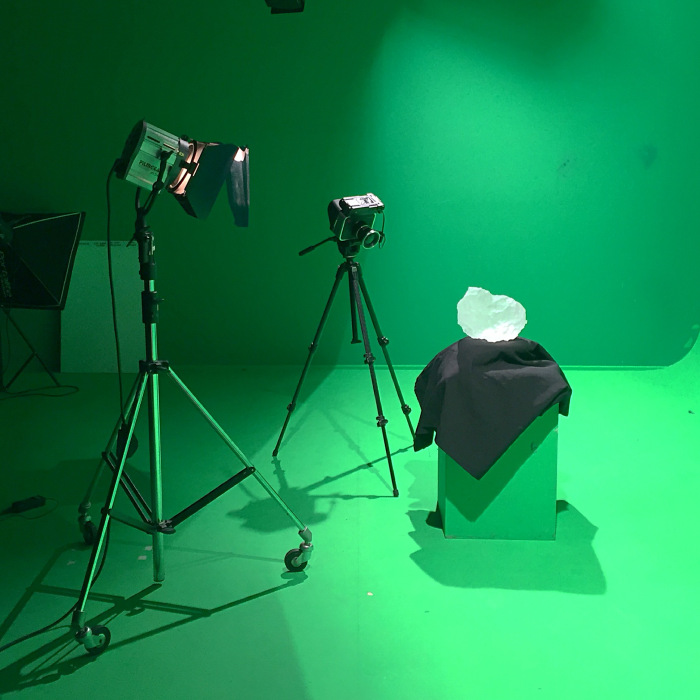This PoL session will ask participants to consider how they understand ‘nature’, and what their stakes in it are, individually and collectively. In an era currently being defined as the Anthropocene, a geophysical term “which recognizes that human intrusion on the planet’s surface and into the atmosphere has been so extreme as to qualify our time on earth as a specific geological epoch”, the session explores imaginations of the natural world. It does so through mediums and methods of sound being used contemporaneously by artists, bioacousticians and scientists to make sense of, and communicate, earth system changes. Mapping out a range of ecoacoustic practices from field recordings to data and geo- sonifications, the session investigates how such practices seek to delineate, highlight, and/ or overcome, distinctions between natural and social, urban and rural, exceptional and everyday.
Participants are encouraged to bring links to, and recordings of, sounds they associate with ideas of the ‘natural’, ‘social’, ‘political’, and ‘environment’. These sounds will be used to orientate a discussion on how such delineations might affect an ability to listen to, and take care of, the myriad and complex ecosystems of which humans are a part. Informed by research coming from the geohumanities, this session is based on the idea that rather than being separate realms, the natural and social are deeply entangled and implicated in one another. Sound, as a medium that brings the world into proximity, is uniquely placed to approach and communicate these critical, and ever more urgent, entanglements.
Free with limited capacity. To reserve a place please email: markpeterwright@gmail.com
For more information visit the Points of Listening website.
Points of Listening is a series of events, read more about the project on the CRiSAP website.
Image credit: Polly Stanton, 2015.


